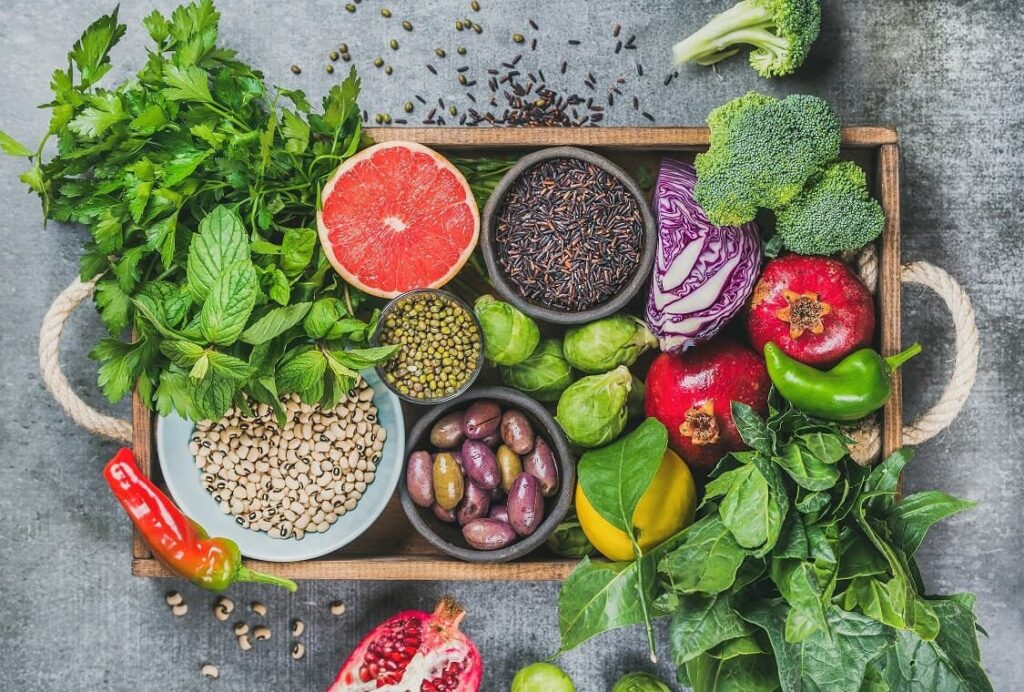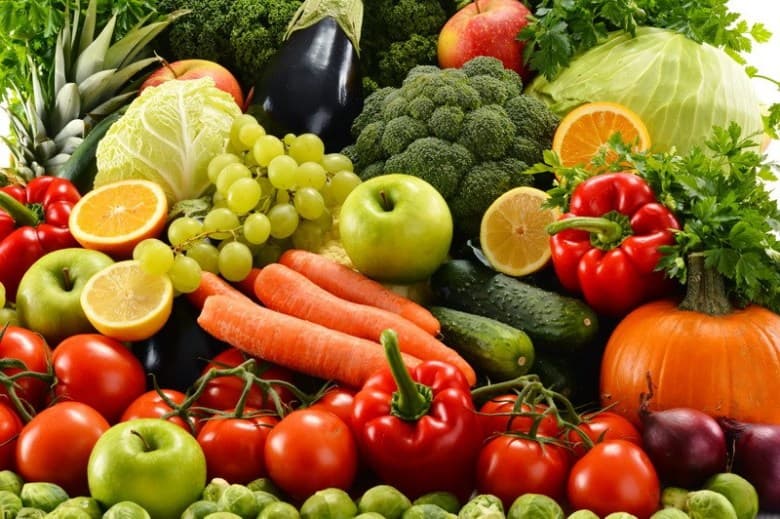Embarking on a journey toward optimal health involves making informed choices about our diets, and vegetables play a pivotal role in this process. Packed with vital nutrients, fiber, and antioxidants, these natural powerhouses are fundamental to maintaining a healthy balance. This article delves into a selection of top vegetables that are essential for boosting your health, offering a blend of benefits that support bodily functions and enhance your overall well-being.
Leafy Greens: The Nutrient Powerhouses
Leafy greens are not just a staple for a healthy diet; they are the superstars, loaded with an impressive array of nutrients that offer myriad health benefits. Here’s a deeper look into some of the most nutrient-dense greens you should be adding to your meals:
Spinach
Nutritional Profile: Spinach is a verdant treasure trove of nutrients, boasting high levels of vitamins A, C, and K. It’s also rich in essential minerals such as magnesium, iron, and manganese, which play critical roles in numerous bodily functions.
Health Benefits: This leafy green is a champion for maintaining excellent vision thanks to its high content of vitamin A. It also fights against oxidative stress with its arsenal of antioxidants, which helps reduce the risk of chronic diseases. Moreover, its potassium and magnesium content are great for heart health, aiding in blood pressure regulation and cardiovascular support.
Kale
Nutritional Profile: Kale stands out with its robust vitamin composition, including A, K, C, and B6, alongside vital minerals like calcium, potassium, and copper. This makes it one of the most nutrient-dense vegetables on the planet.
Health Benefits: Kale’s rich nutrient blend supports stronger bones due to its high calcium content. It also facilitates smooth digestion and combats inflammation, thanks to its high dietary fiber and antioxidants. Regular consumption of kale can help manage chronic inflammatory conditions and contribute to overall digestive health.
Swiss Chard
Nutritional Profile: Swiss chard is a colorful delight that offers copious amounts of vitamins A, C, and K. It is also a great source of magnesium, iron, and potassium, which are essential for metabolic health and energy production.
Health Benefits: Swiss chard is particularly beneficial for diabetic health management as it can help regulate blood sugar levels. Its potassium and magnesium content support bone health and strengthen the immune system. Furthermore, the high vitamin K content enhances bone integrity and can help in the prevention of osteoporosis.
Root Vegetables: Earth’s Hidden Treasures
Buried beneath the soil, root vegetables are nutrient-rich gems that offer a host of health benefits. Let’s explore the nutritional profiles and health advantages of some of the most beneficial root vegetables:
Carrots
- Nutritional Profile: Carrots are a powerhouse of beta-carotene, which the body converts into vitamin A. They are also enriched with vitamins K and B6, as well as biotin, which plays a vital role in fat and sugar metabolism.
- Health Benefits: The high level of beta-carotene in carrots not only boosts vision, especially in low light, but also supports skin health through its antioxidant properties. These antioxidants protect the body against free radicals, thereby reducing the risk of chronic diseases and aging processes.
Beets
- Nutritional Profile: Beets are loaded with essential nutrients including folate, manganese, potassium, and iron. This composition makes them uniquely beneficial for various bodily functions.
- Health Benefits: The nitrate content in beets is converted into nitric oxide in the body, which helps improve blood flow and lower blood pressure. This makes beets excellent for cardiovascular health. They also enhance stamina and exercise performance, making them popular among athletes. Additionally, beets support brain health by promoting increased blood flow to the brain.
Sweet Potatoes
- Nutritional Profile: Sweet potatoes are a vibrant source of vitamins A and C, which are crucial for immune function and skin health. They also contain manganese and several B vitamins, which are important for energy metabolism and overall cellular function.
- Health Benefits: The rich vitamin A content in sweet potatoes supports immune function and provides a boost to skin health. They also have a significant impact on cognitive function, thanks to their brain-boosting nutrients. Moreover, the dietary fiber in sweet potatoes aids in maintaining a healthy digestive system by promoting regularity and a balanced gut microbiome.
Cruciferous Vegetables: The Cancer Fighters
Cruciferous vegetables, known for their distinctive pungent aromas and bitter flavor, are celebrated not only for their dietary fiber but also for their potent cancer-fighting properties. Broccoli, for instance, is a powerhouse of vitamins C, K, and A, along with folate and fiber. Its nutritional richness contributes to several health benefits, including the reduction of inflammation and support for heart health. More importantly, compounds found in broccoli such as sulforaphane have been shown to have protective effects against cancer, making it a valuable addition to any diet focused on disease prevention.

Brussels sprouts, another member of the cruciferous family, are densely packed with nutrients, including vitamins C and K, folate, and manganese. These nutrients play a crucial role in promoting DNA stability, an essential factor in preventing mutations that could lead to cancer. Additionally, the high levels of antioxidants help maintain healthy skin and vision, while the rich fiber content supports bone health by contributing to a more robust skeletal structure.
Cauliflower, often overshadowed by its green cousin broccoli, offers a robust nutritional profile with an abundance of vitamins C, K, and B6, as well as folate and pantothenic acid. These nutrients make it an excellent choice for those looking to lose weight without sacrificing essential vitamins and minerals. Moreover, its anti-inflammatory properties help fight systemic inflammation, a precursor to many chronic diseases, including cancer. Cauliflower also supports hormonal balance, which can positively affect overall health, from mood regulation to metabolic processes. Together, these cruciferous vegetables offer a compelling blend of health benefits, particularly in cancer prevention and overall well-being.
Benefits of Passion Vegetables: Tomatoes and eggplant for heart and brain health
Nightshade vegetables, such as tomatoes and eggplants, often spark debate within the health community due to their potential inflammatory effects. However, their undeniable nutritional value contributes substantially to overall health. Tomatoes, a key member of this group, are abundant in vitamin C, potassium, folate, and vitamin K, which are crucial for maintaining heart health. Potassium aids in blood pressure regulation, while vitamin C and folate help maintain arterial health. Additionally, the antioxidant lycopene in tomatoes is celebrated for enhancing skin health and offering protection against various cancers.
Eggplant, another valuable nightshade, is rich in fiber, vitamins B1 (thiamine) and B6, and manganese. The fiber promotes digestive health, supporting regular bowel movements and a healthy gut. Vitamin B1 boosts brain function and supports neural health, whereas vitamin B6 is essential for protein metabolism and blood sugar regulation, making it particularly beneficial for diabetes management. Despite some controversies, the inclusion of nightshades like tomatoes and eggplants in a diet provides significant health benefits, supporting everything from heart function to brain health and blood sugar levels.



